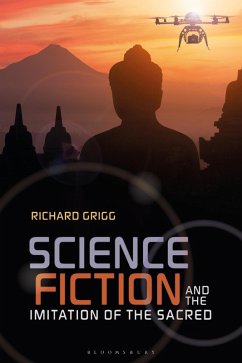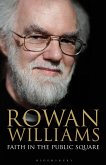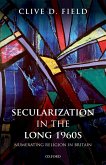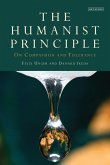This book examines science fiction's relationship to religion and the sacred through the lens of significant books, films and television shows. It provides a clear account of the larger cultural and philosophical significance of science fiction, and explores its potential sacrality in today's secular world by analyzing material such as Ray Bradbury's classic novel The Martian Chronicles, films The Abyss and 2001: A Space Odyssey, and also the Star Trek universe.
Richard Grigg argues that science fiction is born of nostalgia for a truly 'Other' reality that is no longer available to us, and that the most accurate way to see the relationship between science fiction and traditional approaches to the sacred is as an imitation of true sacrality; this, he suggests, is the best option in a secular age. He demonstrates this by setting forth five definitions of the sacred and then, in consecutive chapters, investigating particular works of science fiction and showing just how they incarnate those definitions.
Science Fiction and the Imitation of the Sacred also considers the qualifiers that suggest that science fiction can only imitate the sacred, not genuinely replicate it, and assesses the implications of this investigation for our understanding of secularity and science fiction.
Richard Grigg argues that science fiction is born of nostalgia for a truly 'Other' reality that is no longer available to us, and that the most accurate way to see the relationship between science fiction and traditional approaches to the sacred is as an imitation of true sacrality; this, he suggests, is the best option in a secular age. He demonstrates this by setting forth five definitions of the sacred and then, in consecutive chapters, investigating particular works of science fiction and showing just how they incarnate those definitions.
Science Fiction and the Imitation of the Sacred also considers the qualifiers that suggest that science fiction can only imitate the sacred, not genuinely replicate it, and assesses the implications of this investigation for our understanding of secularity and science fiction.









